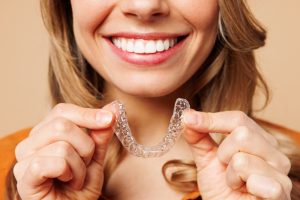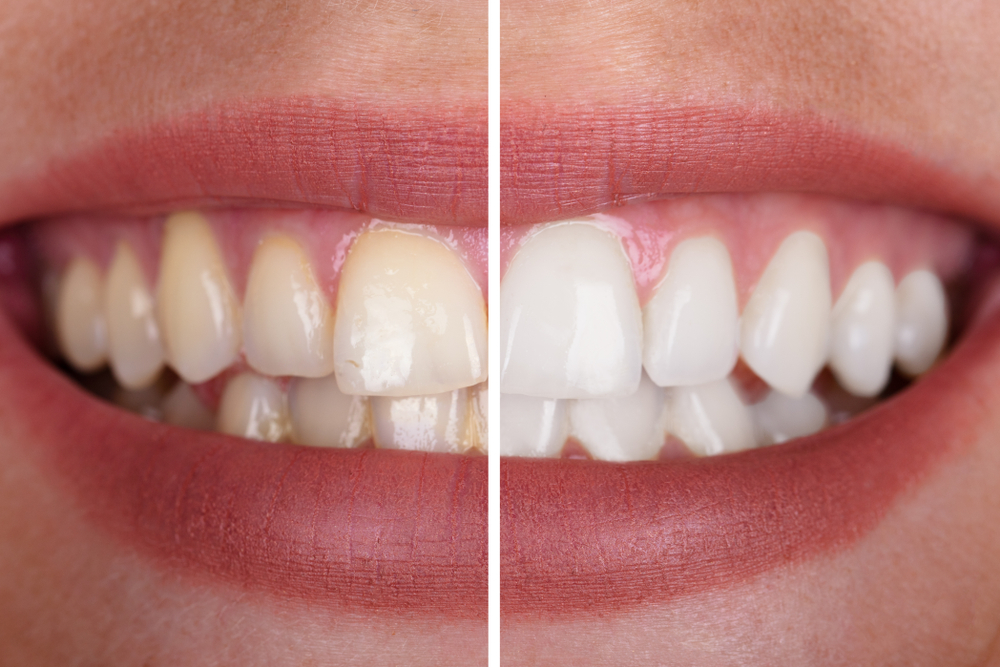Mountain Dew Mouth sounds like a bad made-up disease you’d see in a Saturday morning cartoon, but it’s very real. This affliction has gradually has become more and more of a problem over the years, and it’s important to stay informed to prevent it from happening to you.
What is Mountain Dew Mouth?
If you’re familiar with the brand Mountain Dew, it’s pretty easy to guess what “Mountain Dew Mouth” means. It’s another name for the tooth decay that is commonly attributed to overconsumption of soda. The reason it’s called Mountain Dew Mouth may be attributed to the fact that Mountain Dew happens to be unusually high in sugar content, even when compared to other sodas. The sugar and acids in soda can quickly break down enamel that coats your teeth. Your enamel is your first line of defense and once that barrier is broken down, your teeth will start to decay.
How to Prevent Mountain Dew Mouth
Obviously, tooth decay is something you never want to have to deal with. So, what are some measures you can take to prevent Mountain Dew Mouth?
Stop Drinking Soda
Let’s get the obvious solution out of the way first. You can’t get Mountain Dew Mouth if you never drink Mountain Dew (or other sodas). Soda is bad for you in more ways than one, and cutting it out of your life completely is definitely a good decision for your oral and overall health. If you’re not ready to kick your habit altogether, here are some ways to prevent Mountain Dew Mouth if you don’t want to stop drinking soda.
Exercise Moderation
As with anything that’s not good for you, exercising moderation can do a lot for preventing health problems. If you have two sodas a day, try cutting it down to one. Then maybe try cutting down to one a week. If you drink regular soda, consider switching to diet. Even though diet soda still isn’t very good for your teeth, at least the sugar isn’t present to contribute to your enamel breaking down. The more you can moderate the better.
Drink Your Soda Fast or With a Straw
If you’re going to drink a soda, make sure you drink it fairly quickly. If you like to sip on your soda over the course of a couple hours, you’re not giving your teeth a break from the sugars and acids. If you drink it with a straw, there’s a little less contact with your teeth, which can help a bit.
Don’t Brush Right Away
You might think you can help fight the effects of soda by brushing your teeth immediately afterward, but you could actually make it worse. Right after you drink soda, your enamel is at its weakest. Brushing it while it’s weak can do more harm than good. You should still brush your teeth after drinking soda, but wait at least an hour before you do.
Come Visit Your Dentist in Springfield, MO
Another way to prevent tooth decay is to make regular visits to your dentist in Springfield, MO. Contact Parkcrest Dental Group today for more information and to make an appointment.




